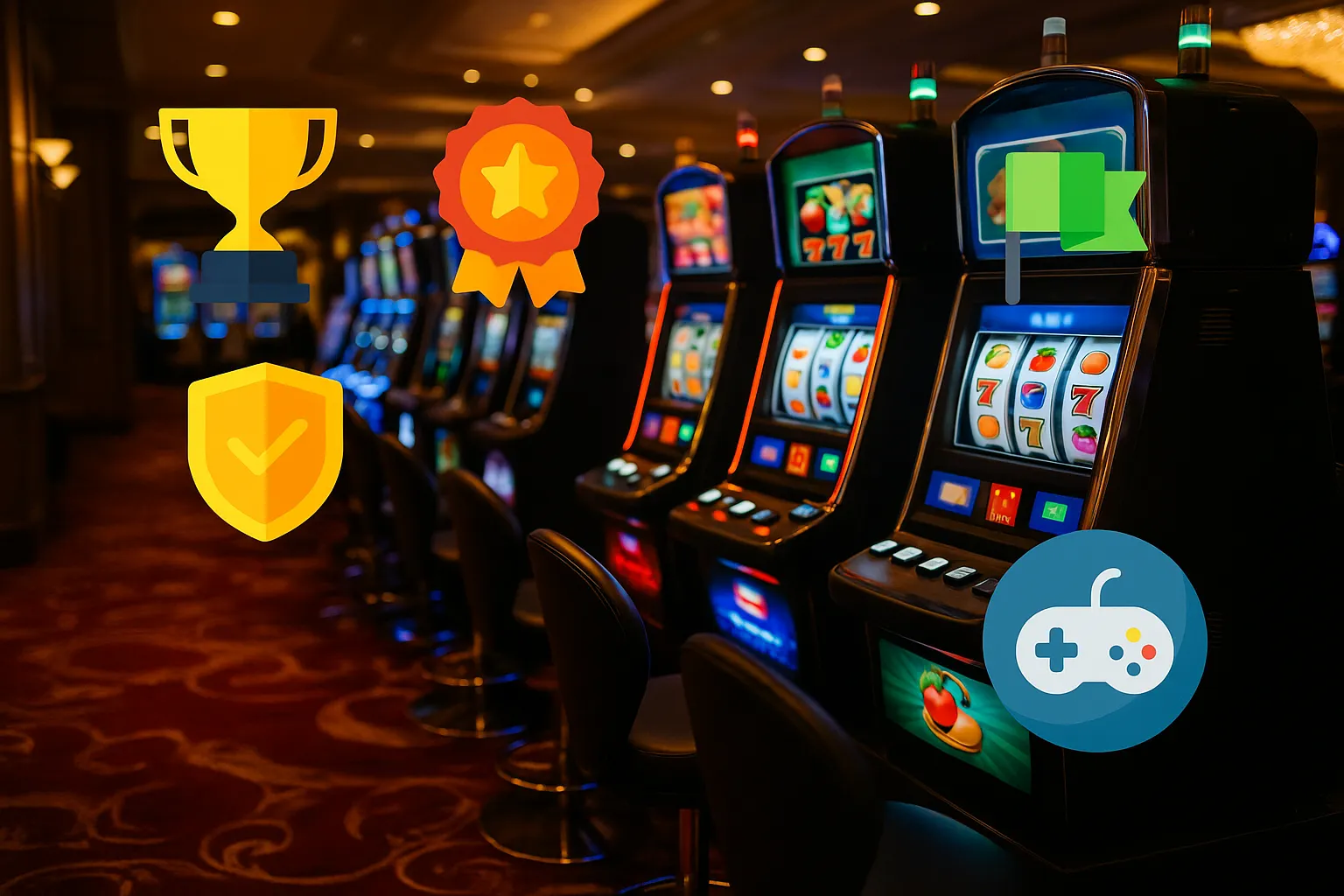Gambling has long walked a fine line between entertainment and risk. As technology advances, so too do the strategies casinos and online operators employ to keep players engaged. Gamification—applying game-design elements in non-game contexts—has emerged as a powerful tool to boost user engagement across industries. But can these techniques also help foster safer, more responsible gambling habits? In this article, I’ll draw on personal observations and industry insights to explore how gamification could be harnessed to support responsible play, rather than undermine it.
Understanding Gamification in Gambling
At its core, gamification introduces features such as progress bars, badges, leaderboards, and challenges to encourage continued participation. In mainstream mobile apps and fitness trackers, these elements can motivate users to reach exercise goals or stick with language lessons. In a casino context—especially within new UK online casinos—gamification often appears as tiered loyalty programs, digital missions, or in-game achievements. While these features are primarily aimed at driving player retention and spend, they also present untapped opportunities to guide players towards healthier gambling behaviors.
The Responsible Gambling Challenge
Responsible gambling initiatives typically focus on self-exclusion tools, deposit limits, reality checks, and education. Yet despite widespread availability, uptake of these safeguards remains frustratingly low. Many players either aren’t aware of them or find them cumbersome to use. Moreover, the adrenaline rush of winning and the fear of missing out can overshadow rational decision-making. That’s where gamification could bridge the gap, creating subtle, engaging nudges that steer players toward responsible habits without dampening the fun.
Practical Gamification Approaches
Embedding responsible gambling features within a gamified framework can reduce friction and increase awareness. Below are several techniques that, when thoughtfully implemented, could make a real difference.
Incentivizing Education
Rather than burying responsible gambling information in a static FAQ, operators can reward players for completing short interactive tutorials. For example, a brief quiz on setting deposit limits could unlock a badge or bonus spins. This approach not only educates but also celebrates informed play.
Progressive Reality Checks
Standard pop-up intervals can feel intrusive. A gamified alternative is to transform reality checks into milestones within a “responsible play journey.” For instance, after every 30 minutes of play, users might advance to a new “level” that highlights their session duration, encourages a break, or offers tips on managing spending. Leveling up grants visual feedback—a progress bar or an animated badge—that feels motivating rather than punitive.
Interactive Deposit Limits
Setting deposit limits can be framed as a strategic “power-up.” Players could be guided through selecting limits via a playful interface, perhaps choosing from themed options like “Bronze Saver,” “Silver Strategist,” or “Gold Guardian.” Achieving these milestones consistently—such as staying within a selected limit for a week—could yield loyalty points or exclusive avatar customizations.
Case Study: Gamified Self-Exclusion
Let’s consider an example from a hypothetical UK operator. They introduced a “Break Quest” where players can opt into predefined cooling-off periods (24 hours, 1 week, 1 month). Each choice is presented as a quest with escalating rewards upon completion: a unique badge, loyalty tier boost, or free spins. Early data showed a 40% increase in self-exclusion utilization, illustrating how gamification can make responsible tools more appealing.
Leveraging Data for Personalization
Responsible gambling is not one-size-fits-all. Gamification allows for tailored interventions based on individual playing patterns. By analyzing session length, bet sizes, and frequency, operators can push personalized challenges—like encouraging shorter sessions for high-risk players or congratulating those who consistently play within their means. Such data-driven gamified prompts feel more relevant and are less likely to be ignored.
Balancing Engagement with Ethics
While gamification holds promise, operators must tread carefully. Overzealous use of gamified cues—especially those that mimic reward loops found in video games—can inadvertently exploit vulnerable players. Ethical implementation means:
-
Transparency: Clearly communicate the purpose of each gamified feature.
-
Opt-Out Options: Allow players to disable gamified prompts if they find them unwelcome.
-
Regulatory Compliance: Ensure all gamification elements adhere to UK Gambling Commission guidelines.
Looking Ahead: The Future of Responsible Gamified Play
The convergence of artificial intelligence, behavioral science, and gamification opens exciting possibilities. Imagine chatbots that deliver responsible gambling tips in a conversational, game-like dialogue. Or augmented reality overlays in brick-and-mortar casinos that reward players for taking breaks or adhering to budgeted time. As technology evolves, so too will the capacity for innovative, user-centered responsible gaming solutions.
In a crowded market—where operators vie for player loyalty—responsible gamification can serve as both a differentiator and a social good. Players, empowered by engaging, non-intrusive tools, stand to enjoy safer, more sustainable gaming experiences. Ultimately, when fun and responsibility go hand in hand, everyone wins.




